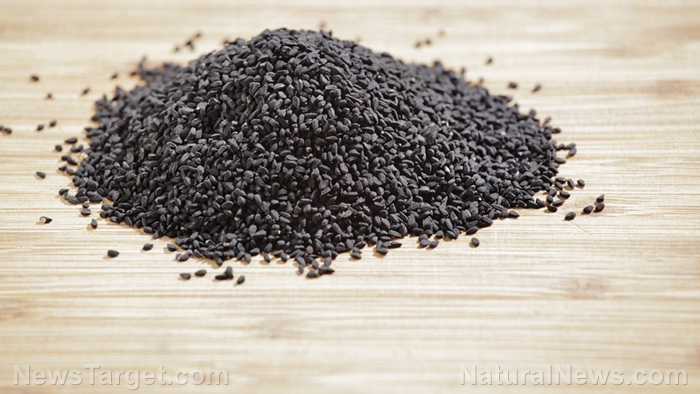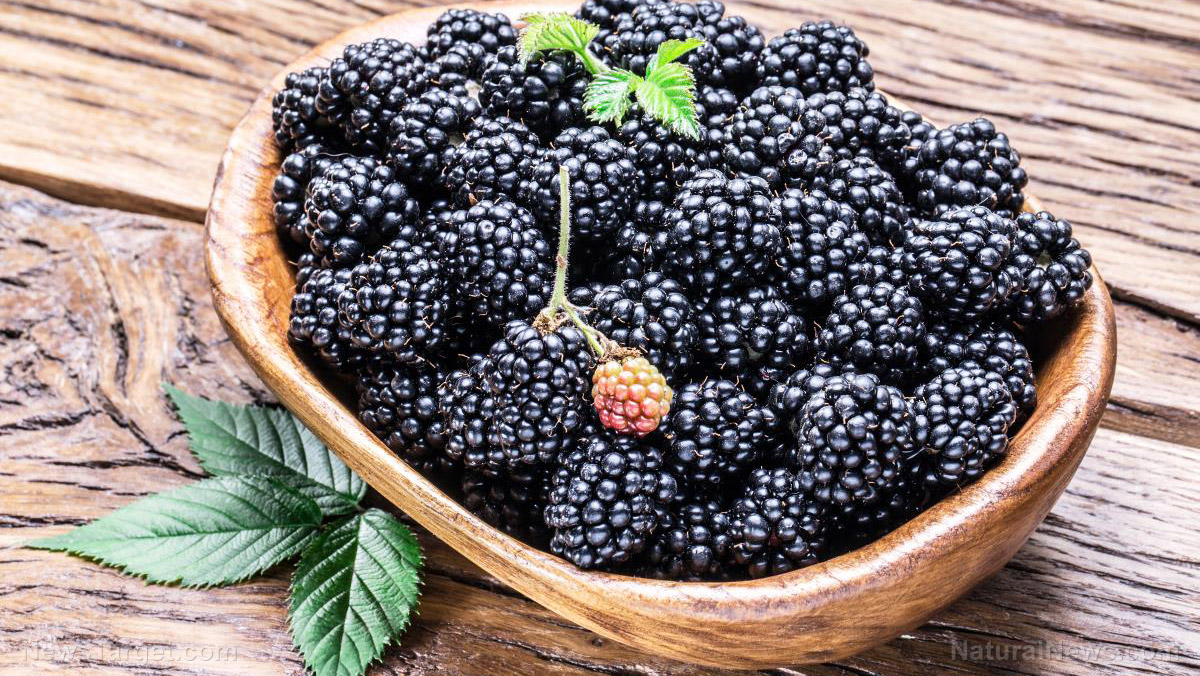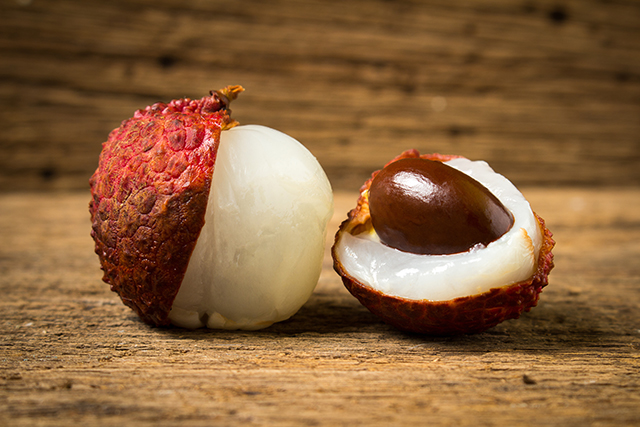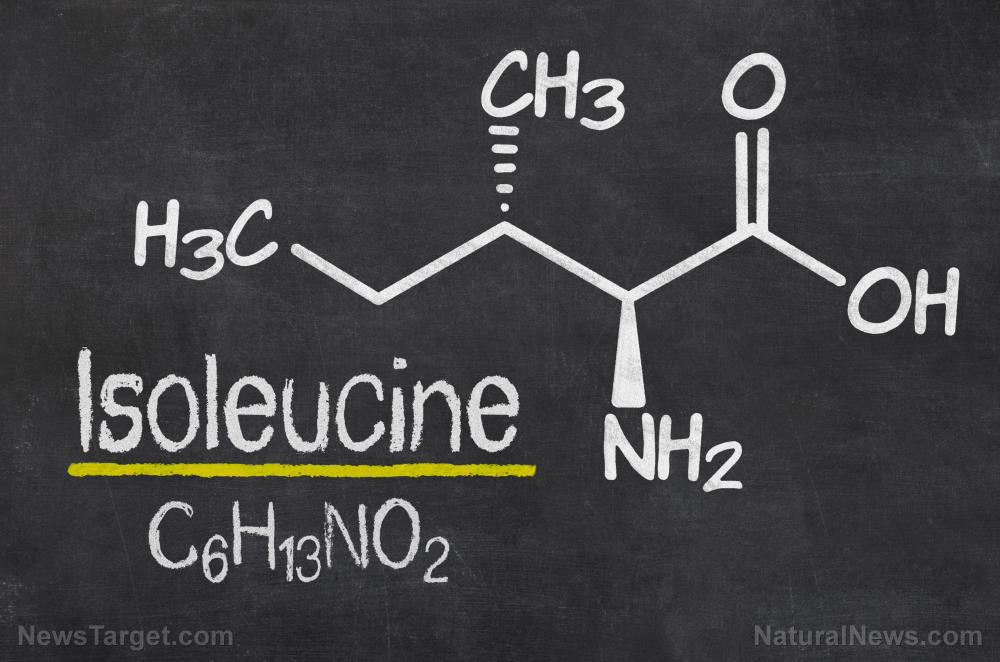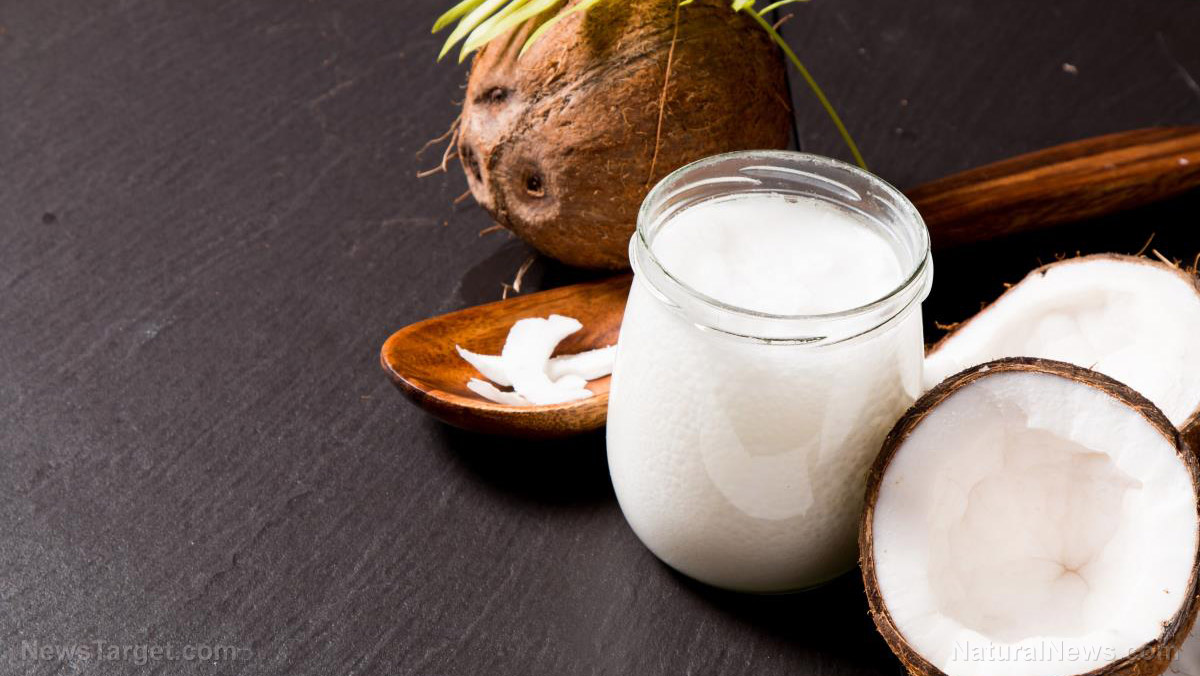Blood cancers can be treated safely and naturally with cinnamon
11/07/2018 / By RJ Jhonson

Cinnamon does more than add a pleasant and appetizing aroma to your favorite dishes – it can also help treat certain cancers. A study published in the Journal of Herbal Medicine found that cinnamon has the ability to modify the growth of and kill blood cancer cells.
Myeloma is a type of blood cancer. Another name for it is multiple myeloma. It’s not as rare as other types of cancer, accounting for only 2.1 percent of all cancer deaths in the U.S. in 2018. Myeloma, however, is a dangerous disease, leaving only 50.7 percent of patients alive five years after getting diagnosed with the disease.
The authors of the study looked at cinnamon as a possible natural alternative treatment for myeloma. Cinnamon’s anti-inflammatory properties are well-established – the researchers wanted to know if the spice had anti-proliferative and anti-angiogenic effects as well.
They obtained human myeloma cell line RPMI 8226 and treated it with cinnamon bark powder extract. The authors noted that at a concentration of 72 micrograms per milliliter (mcg/mL), cinnamon caused a 50 percent inhibition of cell growth rate in the treated cancer cells compared to untreated controls.
The extract also prevented the formation of new blood vessels that may increase the tumor cells’ ability to spread or metastasize. It was further observed that the extract caused the fragmentation of cancer cell DNA, inducing apoptosis or cellular death.
Observations 24, 48, and 72 hours after treatment confirmed that the effects of cinnamon were time-dependent. DNA fragmentation was at its highest at the 72-hour mark compared to the 24- and 48-hour marks.
The researchers concluded that cinnamon may be an anti-cancer herbal medicine because of its ability to inhibit angiogenesis, prevent inflammation, and induce apoptosis in myeloma tumor cells.
The many health effects of cinnamon
Cinnamon has been used as a natural medicine about as long as it has been used as an aromatic spice. Here are some of the reasons it’s good for the body:
- It has anti-inflammatory effects – As previously mentioned, cinnamon can help fight inflammation. Although inflammation plays a key role in the immune response, too much of it for too long causes damage to the cells, leading to a variety of diseases. Cinnamon can help minimize inflammation and its negative effects.
- It has antioxidants – The antioxidants in cinnamon enable it to protect the body from free radicals that cause cellular damage. A comparison of the antioxidant content of 36 spices ended with cinnamon as the winner – it outranked even known superfoods like garlic and oregano.
- It can help lower “bad” cholesterol – Some fats are good. Having too much of the bad ones can increase one’s risk of heart disease. Cinnamon has been proven to help by lowering the concentration of the bad ones and increasing that of the good ones. It can also help prevent hypertension that increases the risk of cardiovascular disease.
- It reduced insulin resistance – People with Type 2 diabetes do not respond as well to insulin as normal people do. Called insulin resistance, this causes the concentration of glucose in the blood to rise, leading to a wide range of complications. Cinnamon increases the cells’ sensitivity to insulin and helps lower blood sugar levels. (Related: Cinnamon spice helps prevent diabetes.)
- It prevents neurodegenerative disorders – Two compounds in cinnamon prevents the abnormal buildup of proteins in the brain that leads to Alzheimer’s. The nutrients in the spice also protect the neurons from Parkinson’s disease by modulating the levels of neurotransmitters in the brain and improving motor function.
Learn about natural alternative treatments for cancer at AntiCancer.news.
Sources include:
Tagged Under: anticancer, blood cancer, cancer treatment, cinnamon, food as medicine, food cures, herbal medicine, myeloma, natural cures, spice







